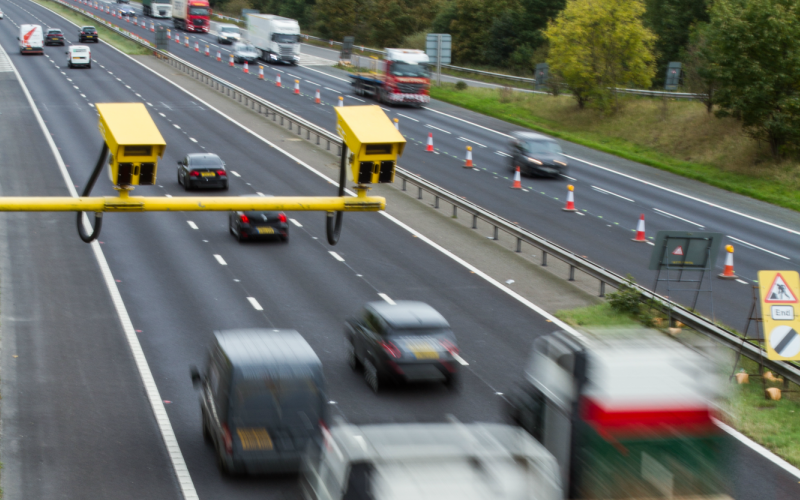
A bill has been proposed to the Scottish Parliament whereby motorists would face a financial penalty for parking vehicles on pavements, in front of dropped kerbs or double parking.
Whilst motorists are restricted from driving on pavements under the current road traffic laws, the position in respect of parking on pavements is much less clear. Local authorities have the power to restrict or prohibit pavement parking on individual streets by issuing a traffic regulation order ("TRO"), but obtaining a TRO can be an expensive process.
The police also have the power to restrict parking on pavements but it is unlikely to be rigorously enforced and much depends on the individual officer.
The aim of the bill is to primarily address problems faced by vulnerable pedestrians but also seeks to ensure that all pedestrians enjoy safe access to pavements. The bill proposes that restricting motorists from parking on the pavement will reduce maintenance costs to local authorities as a result of damage caused by motorists parking vehicles on public pavements. The bill also aims to tackle problems with motorists parking in front of dropped kerbs to ensure safe access and egress for all classes of pedestrians.
It has been proposed that penalties for parking on a pavement or in front of a dropped kerb would be akin those for other road traffic offences (e.g £60 reduced to £30 if paid within 14 days). Repeat offenders may face penalty points or vehicle confiscation. In circumstances where a motorist has a number of "live" penalty point on their driving licence, they could be at risk of a driving ban under the "totting-up" procedure.
The proposed bill has been welcomed by traffic wardens and charities, particularly those representing vulnerable pedestrians. By contrast, opponents have expressed fears that the bill may penalise drivers, particularly in areas where cars require to park on the pavements to ensure the safe passage of other road users. Consideration may have to be given to addressing parking problems and ensuring residential parking is available in built up areas.
There is however a question mark over whether Holyrood or Westminster has the power to legislate. Some powers over parking are reserved by Westminster which may necessitate an amendment to the Scotland Act 1998 (the Act responsible for devolving legislative powers to Holyrood).
The next stage is for the bill to be passed to the Local Government Committee for scrutiny and to bottom out whether the Scottish Parliament has the power to legislate.
